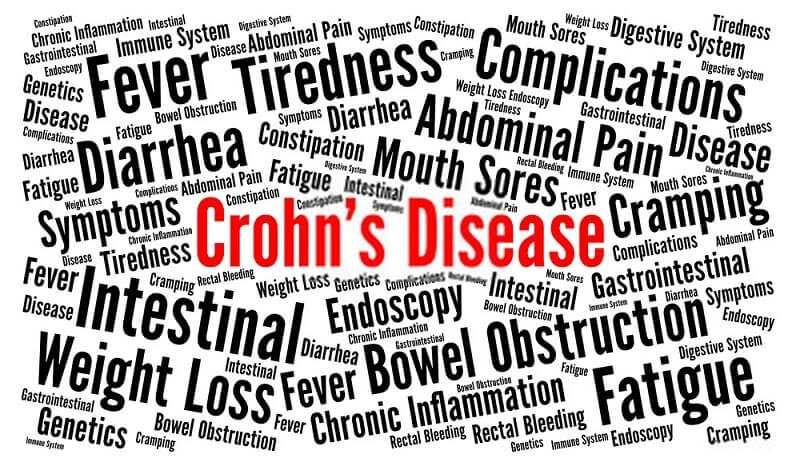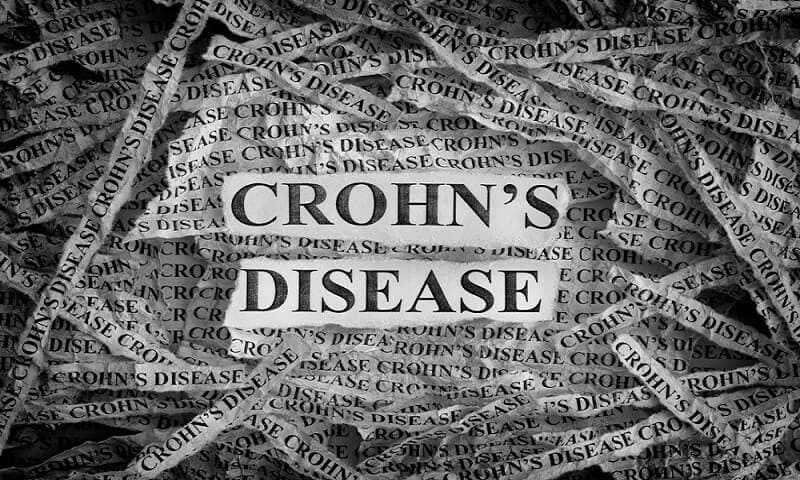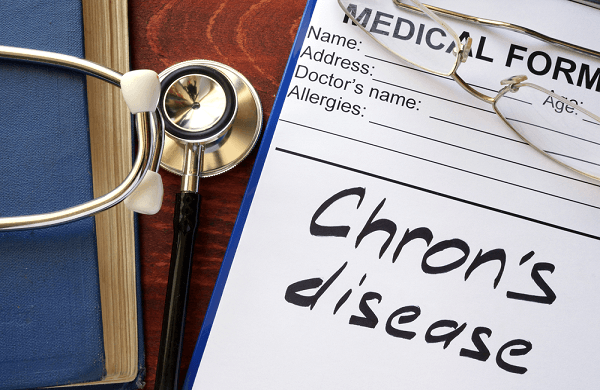Crohn’s Disease and Smoking
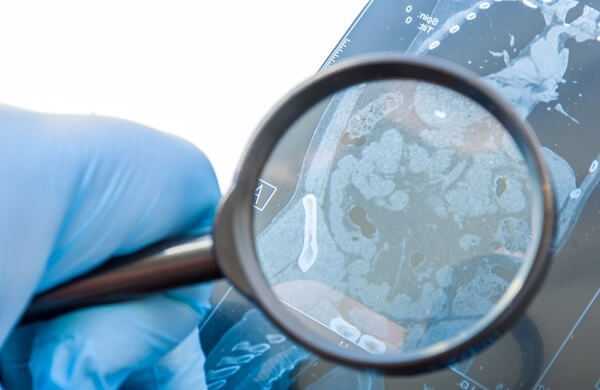
Crohns disease is an extremely painful inflammatory disease of the intestines and digestive tract. It mainly causes ulcers, or breaks in the lining of the digestive tract so that your stomach acid digests you and not food, but it can cause problems in the tract from the mouth all the way to the anus. The disease is named after the doctor(Dr Burrill Bernard Crohn) who discovered it in 1932.
The pain that comes with Crohns disease can flair up randomly or be caused by a whole host of triggers. For some, the wrong kind of food can cause problems, for others the worst trigger is stress. But recent studies have shown that maybe the worst trigger of all is caused by the Marlboro Man.
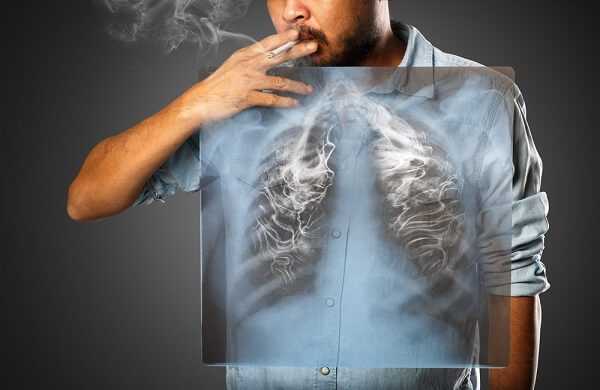
A study that was done in early 2001 seems to indicate that if a Crohns disease sufferer quits smoking, many of the painful flare-ups associated with the disease can be reduced. Those include symptoms such as fever, rectal bleeding, abdominal cramps, diarrhea and fatigue.
The study showed that Crohn’s sufferers that smoke have more severe symptoms and tend to be more resistant to medications that could otherwise help them. They also show a slower recovery time after surgery, which is common for Crohns disease patients who need to have sections of intestine removed that is too ravaged by ulcers.
The chemicals involved in smoking have been shown to change the composition of the mucus in the stomach, large and small intestines making it more susceptible to Crohns disease and making the appearance of ulcers far more common.

The risk of smoking and Crohn’s doesn’t only affect the person lighting up. Evidence has shown that children who have developed Crohns disease are usually exposed to second-hand smoke in the home.
The good news is that if you quit smoking, you can recover. Studies have shown that if you can just go a year without a cigarette, your Crohn’s symptoms should be like you had never smoked at all. The effects on your lungs, however, take much longer to heal.
The remainder of affects of smoking on the body are well known, led by lung, mouth, throat, oesophagus and voice box cancer. Smoking is also linked to types of leukaemia and cancers of the pancreas, stomach, kidney and bladder. Respiratory diseases such as bronchitis, emphysema and dyspena are also more common with smoking. Cardiovascular diseases such as angina, blood clots and strokes are also shown to be connected to tobacco use.
Of course, the best way to avoid smoking-related flare-ups with Crohns disease is to never start. But even if you do, there are many clinical avenues out there to help you quit, including smoking patches, nicotine gum, and even hypnosis or prescription medications. The best course of action is to see your doctor and have him or her recommend a fight plan to wean yourself off of tobacco products and decrease your chances of Crohns disease flare-ups by 65% or more. Remember, if you don’t want to do it for yourself, do it for your children.
There are also lots of information about controlling and treating Crohn’s Disease symptoms here.
About The Author
Corey A. Siegel, MD, MS, is the Director of the Inflammatory Bowel Disease (IBD) Center at the Dartmouth-Hitchcock Medical Center and an Associate Professor of Medicine and of The Dartmouth Institute for Health Policy and Clinical Practice at the Geisel School of Medicine at Dartmouth. He researches the risk/benefit trade-offs in IBD, develops models to predict outcomes in Crohn’s disease, and creates tools to facilitate shared decision making for IBD patients. He’s also the founder of the BRIDGe group, an international research collaborative of IBD investigators.

